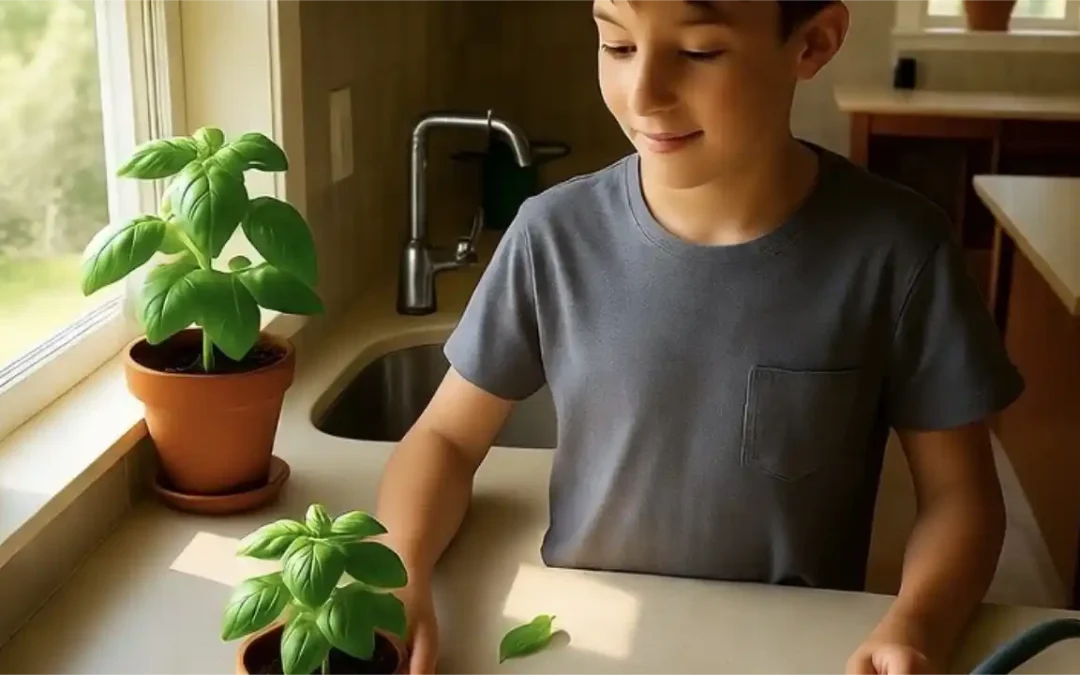
Making Learning Part of Daily Life: Teach Math and Reasoning Through Grocery Shopping
A
grocery list is more than a plan—it’s a springboard for learning. At the store, kids can weigh bananas, compare prices, or calculate savings, building real-world math and logic skills. This everyday errand becomes a hands-on lab for estimation, budgeting, and reasoning. By asking, “Which is the better deal?” or “How much change should we get?” you invite them into active thinking. Each small decision becomes a moment of mental effort—and a chance to show how math helps make sense of the world.
One afternoon, my son and I stopped to compare two brands of pasta. One was cheaper by the pound, but only if we bought the larger size. I asked, “What would we save if we bought this one instead?” He grabbed a calculator and did the math, surprised at how quickly cents added up. Later, he started tracking grocery prices on his own and even helped plan our meals within a budget. What began as a single question led to a habit of thinking ahead, comparing options, and understanding value—at school and at home.
To build these habits, involve your child in shopping decisions. Let them calculate totals, compare unit prices, or estimate weights. Rotate roles each week—navigator, calculator, price checker—and celebrate small wins when they spot a deal or make a smart swap. These small acts develop reasoning and resourcefulness, helping kids see thinking as a tool that shapes daily life.
Making Learning Part of Daily Life

Making Learning Part of Daily Life: Reading as Daily Nourishment
Reading every day builds vocabulary, imagination, and emotional connection. Create routines that make books a joyful, comforting part of life.

Making Learning Part of Daily Life: Grow Scientific Thinking with Plant Experiments
Plant experiments teach patience, observation, and scientific thinking. Help children explore life cycles and natural wonder at home.

Making Learning Part of Daily Life: Connect History and Math with Field Trips
Field trips make history and math feel alive. Explore places where ideas emerged to build curiosity, memory, and real understanding.
Table of contents

Primordial Soup for the Mind: Navigation
Navigate the book Primordial Soup for the Mind.
TIPS
- Let them hold the cash—real stakes hook them.
- Ask, “What is the better buy?” to kickstart thinking.
- Keep a journal for their calculations.
- Suggest weekly shopping sessions.
ACTIVITIES
- Budget Blitz: Give them $20 for snacks, tally costs, pick the best buys, 15 minutes.
- Price Probe: Compare two items, discuss why one costs more, check weights, 10 minutes.
EXAMPLE
My daughter botched our grocery budget once—$10 over—but now she is our deal-finder, scanning labels like a hawk.

Download “Primordial Soup for the Mind: A Parent’s Guide to Nurturing Intellectual Growth”
Enter your information to get this article and hundreds more as part of the FREE book Primordial Soup for the Mind.
Share your thoughts with the Thought Academy community in the Comments section below.

Sharpen those skills!
Enter your information to get our FREE practice exercises so you can hone your critical thinking and reasoning skills!







0 Comments